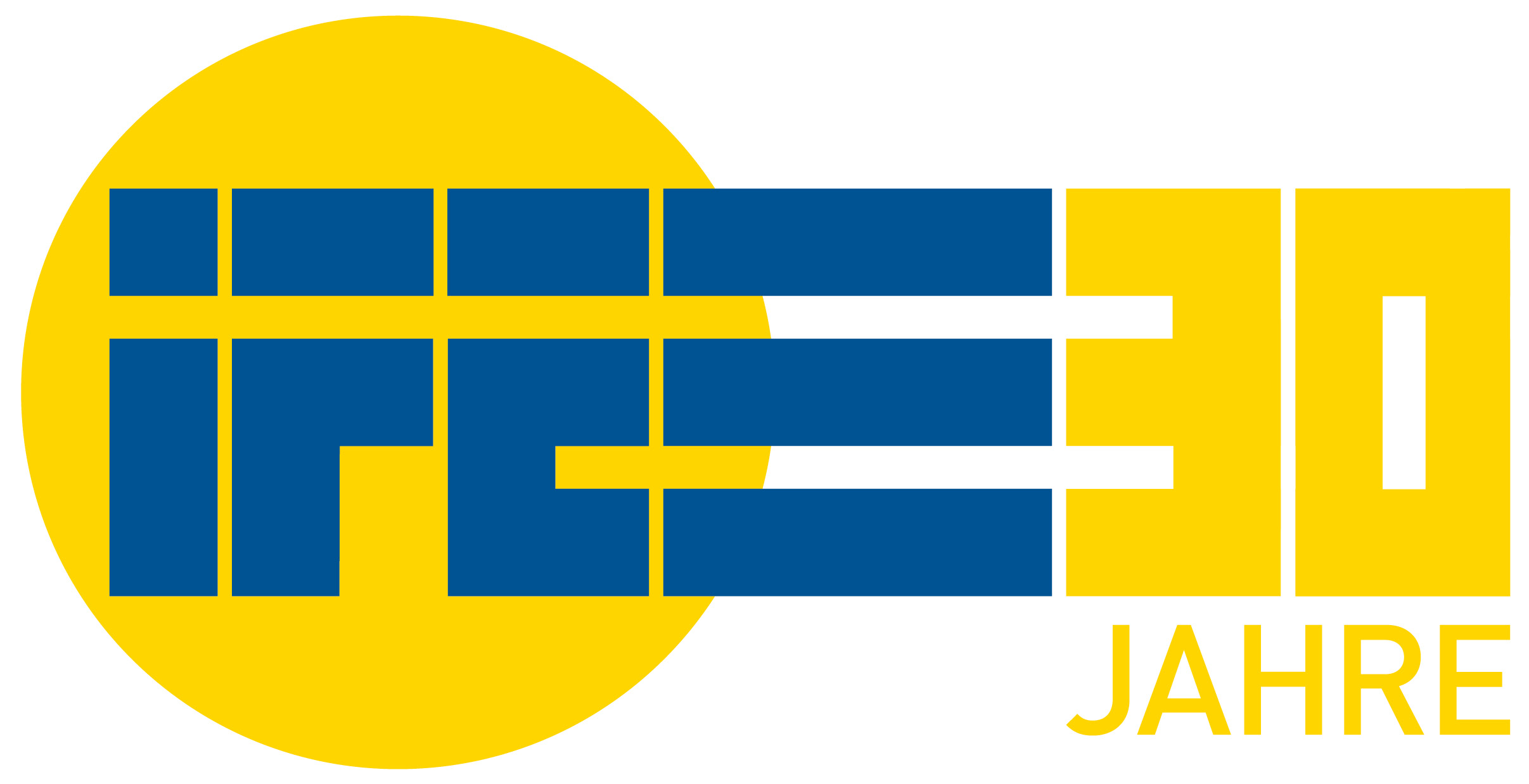Version [31304]
Dies ist eine alte Version von IntUrhRAuthorsRights erstellt von Jorina Lossau am 2013-06-17 17:30:26.
Internationaler Gewerblicher Rechtsschutz und Urheberrecht II
Teil 4 - Author's Rights
| File | Last modified | Size |
|---|---|---|
| IntUrhRExclusiveRights.jpg | 2023-10-06 18:36 | 51Kb |
| The US Copyright Law enumerates the exclusive rights of the author in 17 U.S.C. § 106. Any use of the work that is not included in the catalogue of this provision is not within the scope of the copyright of the author, meaning that the work can be used in every other way without any infringement. |
| § 106—Exclusive rights in copyrighted works
Subject to sections 107 through 122, the owner of copyright under this title has the exclusive rights to do and to authorize any of the following:
(1) to reproduce the copyrighted work in copies or phonorecords;
(2) to prepare derivative works based upon the copyrighted work;
(3) to distribute copies or phonorecords of the copyrighted work to the public by sale or other transfer of ownership, or by rental, lease, or lending;
(4) in the case of literary, musical, dramatic, and choreographic works, pantomimes, and motion pictures and other audiovisual works, to perform the copyrighted work publicly;
(5) in the case of literary, musical, dramatic, and choreographic works, pantomimes, and pictorial, graphic, or sculptural works, including the individual images of a motion picture or other audiovisual work, to display the copyrighted work publicly; and
(6) in the case of sound recordings, to perform the copyrighted work publicly by means of a digital audio transmission.
|

| The number of specific moral copyrights is limited. Solely the right to authorize derivative works (17 U.S.C. § 106 (2)) has a moral right impact but also a strong economic aspect. Only authors of works of visual arts have a more distinct moral position: they have also the rights to be identified as author, to hinder false attributions of works and to protect the integrity of the work (17 U.S.C. § 106A). In all other cases of infringements of the author’s personality or his relation to the work, the author has solely the actions of libel and slander (common law defamation rules). The focus of the exclusive rights of the author is clearly on his economic position. All exclusive rights have a least an economic impact. As the US Copyright Law does not differ between author’s rights and related rights the catalogue of exclusive rights is applicable to all copyrightable works. To all economic rights there are limitations in 17 U.S.C. §§ 107-112 (see later) but some of the economic rights are per se limited in their scope: |

